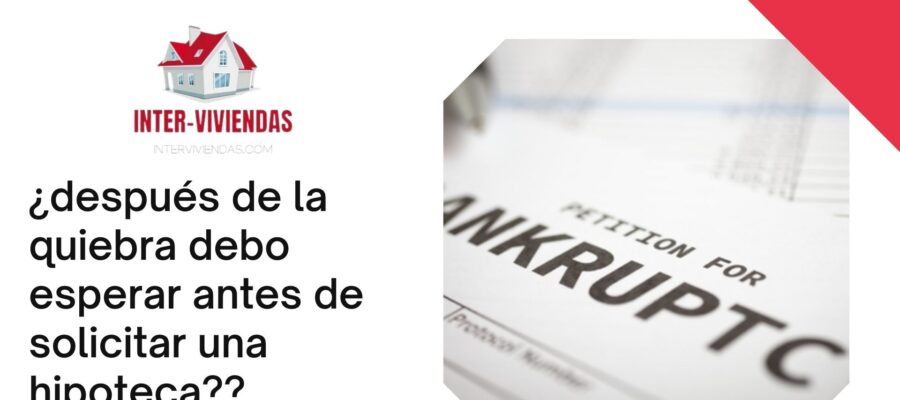Adding real estate to your investment portfolio can be a tremendous asset… if done correctly. Buying a property to sell or rent has different mortgage requirements than a primary residence. There are always hidden costs that need to be anticipated. If you are interested in purchasing an investment property , here are five tips to make it a successful venture.
1. Determine the appropriate property type and area
Choosing the right property is crucial to your success. If you’re buying a rental home , you need to decide what type of tenants you want to attract. Find out what areas these people typically live in and how much they can afford to pay in rent. If you’re buying to sell , you need a home that needs reasonable repairs or renovations that are within your budget and is in a neighborhood that will warrant the price you hope to resell it for.
2. Pay your debts
Mortgage requirements for an investment property are much stricter than those for a home you intend to live in. Lenders will want you to have a lower debt-to-income ratio. If you have outstanding student loans, credit card bills, car loans, or any other major debt, try to pay it off before applying for a mortgage .
3. Save a larger down payment
Another stricter standard for real estate investment loans is the size of the down payment . Because this is often a second mortgage for borrowers, it increases the risk for the lender. To mitigate this risk, lenders require higher down payments. You can expect lenders to ask for between 15% and 25%. And even with larger down payments, you may still encounter higher interest rates than on a primary mortgage.
4. Calculate potential profits
It’s smart to have a rough idea of how much income your investment plans will generate. If it’s a renovated home, you can estimate your profit based on the property’s original sales price, its expected resale price, and the amount you expect to spend on renovations. If you’re buying a rental property, you can calculate your monthly return by subtracting monthly mortgage and maintenance costs (including property management company fees) from your projected monthly rent. Determining your profit will help you understand your profit and whether it’s high enough.
5. Create an emergency fund
Real estate investing always comes with unexpected costs. You may need to make more extensive repairs after you start renovating, or your air conditioning may break down after you move in with tenants. Saving a decent amount of money for emergencies before you buy will help you avoid a financial crisis if something happens. As always, I make mistakes from time to time.
Buying an investment property will be a more rewarding experience if you do some research and preparation before making an offer. Keeping these five tips in mind will help your new investment pay off.
Tips for buying an investment property in Virginia
Like anywhere else, buying an investment property in Virginia requires a strategic and careful approach. Here are some tips to help you along the way:
Research the market: Before making any purchase, research the Virginia real estate market. Examine price trends , rental demand, vacancy rates , and any other factors that may affect investment performance.
Determine your investment strategy: Decide what type of investment property you want to purchase. Are you looking for a residential rental property, such as a single-family home or apartment? Or would you prefer commercial real estate, such as an office building or retail space? Understanding your strategy will help you focus your search and make informed decisions.
Set your budget: Define how much you are willing to invest in the property, including the down payment, closing costs, maintenance costs, and any improvements the property needs. Be sure to consider the costs associated with property management and taxes.


